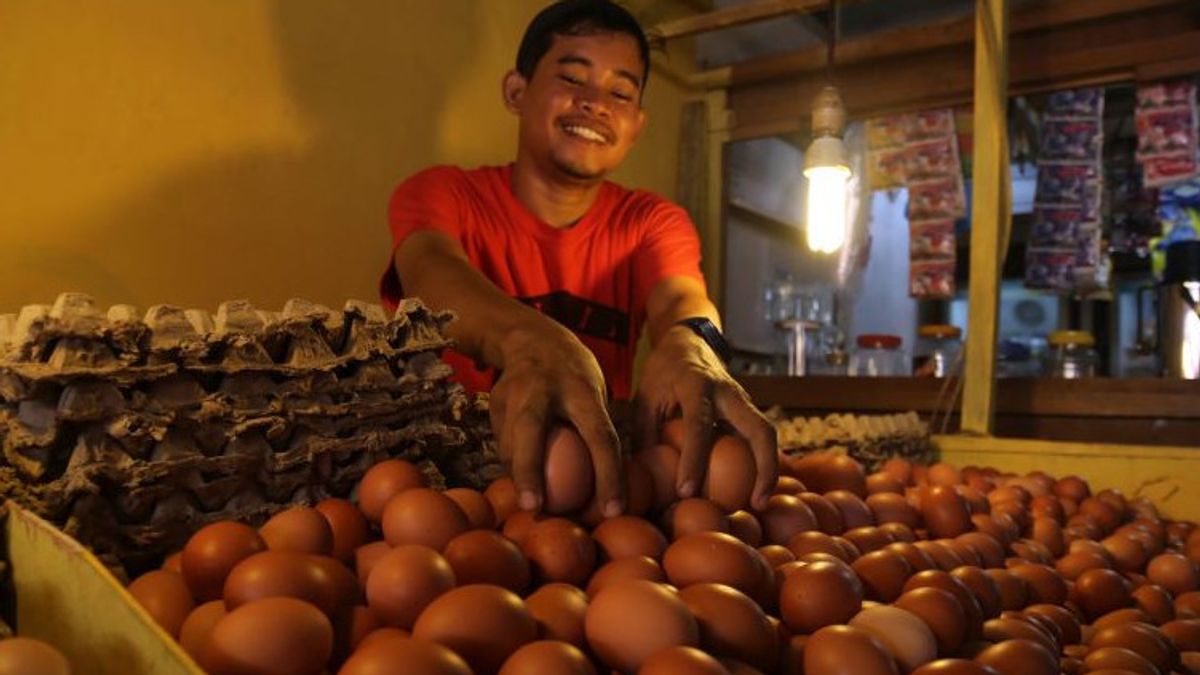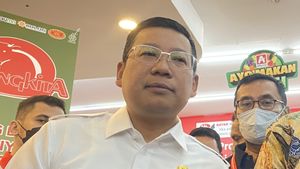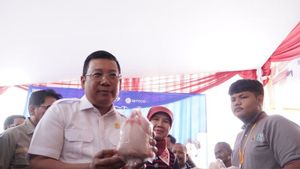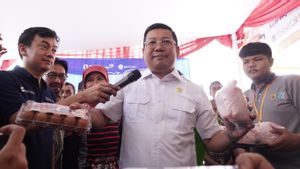JAKARTA - The National Police's Food Task Force identified the causes of the increase in the price of broiler eggs in a number of markets based on monitoring results in several areas.
"There are several reasons for the increase in the price of broiler eggs," said Head of the Central Food Task Force Brigadier General Pol Whisnu Hermawan, quoted by ANTARA, Monday, May 22.
The first cause, he said, was an increase in prices due to the scarcity of raw materials for animal feed, especially laying hens. This condition causes the high price of chicken feed to reach Rp8,500 to Rp8,700 per kilogram.
According to Whisnu, the high feed price is a reflection of the price of feed raw materials, so that not all laying hens can buy animal feed.
"Some laying chicken breeders choose to close and laying hens who are able to buy feed will increase their production costs," he explained.
Second, the cost of transporting or transporting the distribution of eggs from egg-producing areas to areas that do not have the ability to meet the needs of eggs is quite expensive.
"Some areas have not been able to meet the needs of broiler eggs in their regions, so they are still supplying from other regions," he added.
Third, the demand for community needs for broiler eggs is quite high, one of which is for the stunting prevention program carried out by the Government.
"There is social assistance and policies from the Food Agency regarding stunting," he said.
The National Police's Food Task Force continues to seek solutions to control prices and the availability of broiler eggs in the community.
These solutions include coordinating with the Directorate General of Foreign Trade and related agencies to accelerate the realization of importation of raw materials for animal feed due to limited domestic stocks.
"Food Task Force goes directly to distributors and market centers to check price stability in order to maintain the stability of animal feed materials, especially corn and feed materials originating from imports," he explained.
SEE ALSO:
Then, the National Police's Food Task Force also coordinates with local governments and related agencies to ensure the smooth distribution of transportation or transportation of animal feed materials to livestock farms and laying hens breeders to consumers.
"The Food Task Force seeks to cut the distribution chain which aims to reduce price margins, so prices at the consumer level are stable according to the reference price set by the government," said Whisnu.
The English, Chinese, Japanese, Arabic, and French versions are automatically generated by the AI. So there may still be inaccuracies in translating, please always see Indonesian as our main language. (system supported by DigitalSiber.id)















